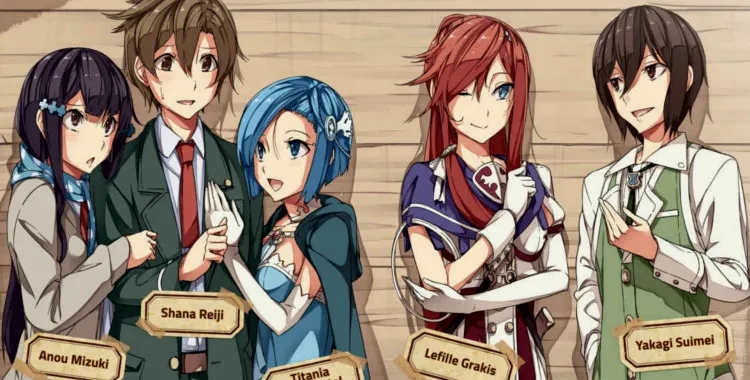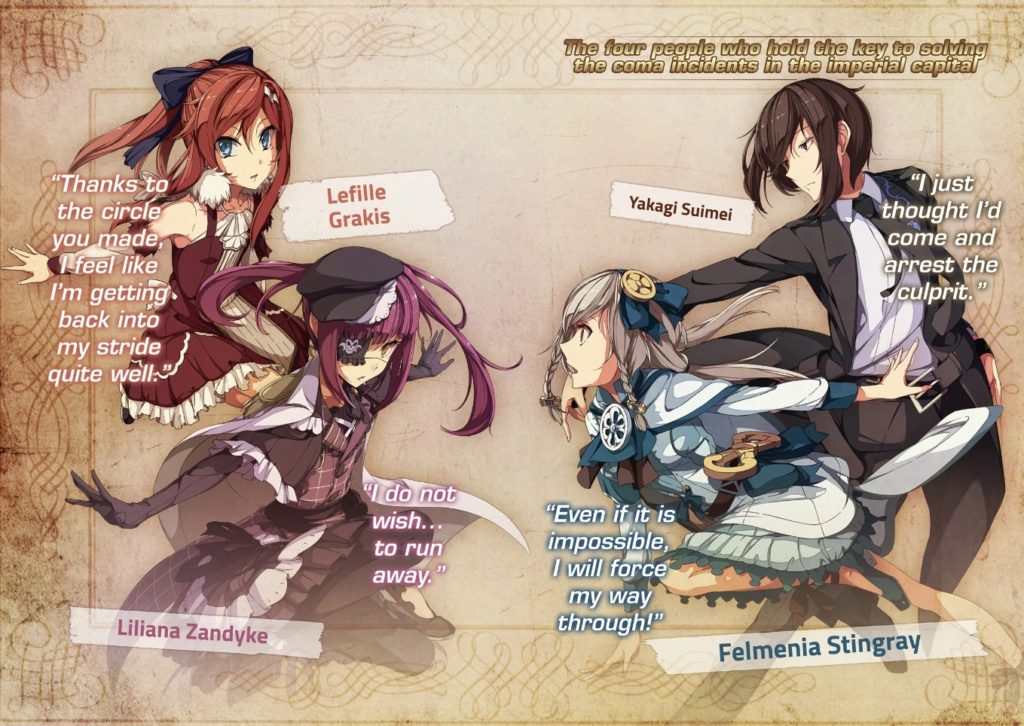Books: The Magic in This Other World is Too Far Behind
May 8, 2022 · 0 comments
By Shelley Pallis.

Belying his humdrum title, Hitsuji Gamei’s novel The Magic in This Other World is Too Far Behind kicks off with an original and exciting double-bluff. Using the language of fairy tales, he chronicles the rise to power of Felmenia Stingray, a nobleman’s daughter who masters many magical arts at a young age, and even tames the untameable “white flame” – the most powerful of spells. She is still in her teens when called upon to form a party to defeat the predatory Demon Lord, and hence entirely unprepared when one of her would-be wizards tells her to piss off and just let him go home.
Ah. There it is. But, even then, it is not quite the “And then suddenly he was whisked away to another planet” nonsense of so many light novels. For our hero Suimei is a modern-day Japanese man transplanted to another world, that much is true, but he has been experimenting with the occult for over a decade. This, at least, means that he accepts the sudden appearance of a teleportation circle in the street with a similar shrug to many another light novel hero. In fact, he is not even “our hero”. He is someone else’s hero’s reluctant sidekick who refuses to play along, as if one of the hobbits at Rivendell said that the Fellowship could live without him, and that he would much rather go shopping in Isengard.
If Middle America gets annoyed about Harry Potter (actually, come to think of it, isn’t everybody supposed to be annoyed about Harry Potter now?), they will flip the proverbial table over if they ever hear of Magic in This Other World, which takes it as given from the start that a trio of teenagers should fiddle with black magic for a bit to ensure that they are invited on a quest in a fantasy world. And when they get there, it will turn out that their Earth-born magic is so much better than the crappy cantrips that pass for sorcery in this world.

Most light novels are cynical – don’t get me started. But there’s being cynical about the readers’ intelligence, and then there’s being cynical about the rules of “fantasyland”, and it’s the latter kind that I enjoy the most – stories like Sexiled and Infinite Dendrogram that challenge our expectations regarding all pulp fictions. The Magic in This Other World has a touch of El Hazard about it, practically billing itself not as the story of the Great Hero, Reiji, summoned to save a faraway world, but of his really annoyed friend Suimei, who really needs to go back to Earth. As noted by Jeannette Ng on this very blog, Japanese portal fantasies where the protagonists actually want to leave are somewhat rare.
As Reiji and Girl-Next-Door Mizuki, his fellow Earth people, are whisked along the stereotypical stages of a quest narrative, Suimei sullenly tags along, becoming an increasingly bitter and snappy chorus from the side-lines, commenting on how rubbish this all is. It is almost as if a novelist with actual experience and talent has invited himself along to one of the most generic and naff D&D fanfics, and is turning constantly to the reader to snicker about how terrible it is.
Of course, for this to work, he and his readers need to have never heard of Bored of the Rings or The Tough Guide to Fantasyland, and a slew of other things before the light-novel phenomenon set the boundaries of experience so parochially narrow, but from the very first pages of The Magic in This Other World, I warmed to Gamei’s quirky deconstruction of the genre’s threadbare tropes. In particular, he points out that the gee-whiz enthusiasm with which so many protagonists greet their little trip to magicland in light novels rather obscures the broader reality: that they have effectively been kidnapped and turned into child soldiers in someone else’s war. Suimei objects to being human-trafficked just to defeat some notional Demon Lord, and he turns the air impressively blue when it turns out that his kidnappers don’t actually know how to get him home again anyway. In that regard, he is something of an off-beat inheritor of another great dissenting fantasist, the angry Michael Moorcock who wrote Wizardry and Wild Romance.
The Magic in This Other World is Too Far Behind is published by J-Novel Club and available in the UK from Anime Limited.
Leave a Reply